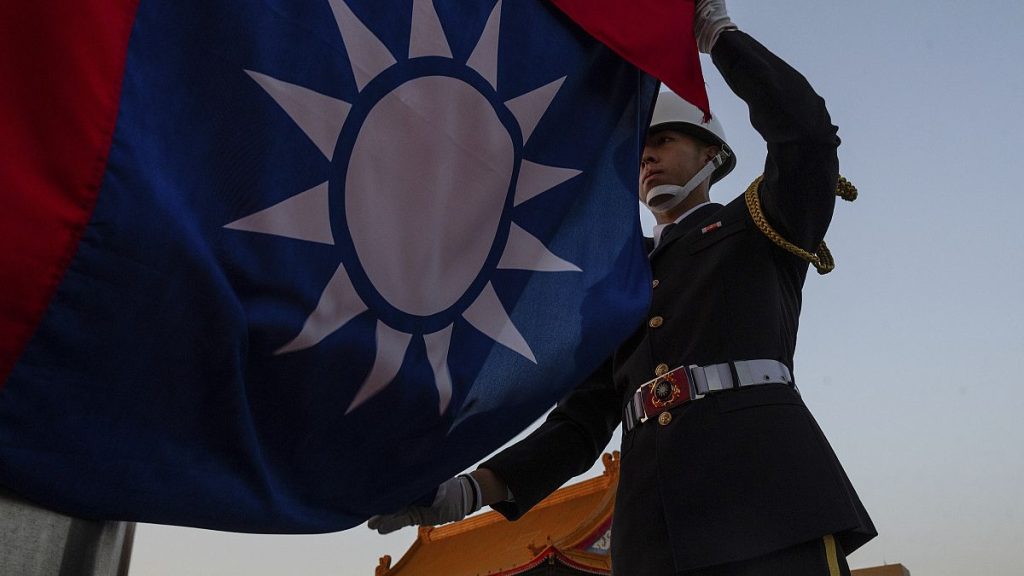The Inter-Parliamentary Alliance on China (IPAC) is hosting a conference with lawmakers from 35 countries to discuss how democracies interact with Beijing. Lawmakers from various countries, including some in Europe, reported being pressured by Chinese diplomats not to attend the conference in Taiwan, which is seen as an attempt to isolate the self-governed island. This pressure has been described as “gross foreign interference” by the IPAC’s director, who criticized the Chinese officials for trying to dictate the travel plans of foreign legislators. Despite the pressure, many lawmakers remained determined to attend the conference, viewing China’s actions as attempts to manipulate and control them through fear.
The Chinese government has routinely threatened retaliation against politicians and countries that show support for Taiwan, as it seeks to maintain its influence over the island. This pressure has become more apparent in recent years, with instances of China peeling off Taiwan’s diplomatic allies and criticizing Taiwan for holding military drills and seeking independence. China’s heavy-handed approach to Taiwan has also led to conflicts with other countries, such as Lithuania, which faced downgrading of relations and trade restrictions after allowing a Taiwanese representative office with the name Taiwan instead of Chinese Taipei. The EU has condemned Beijing’s actions and taken steps to address import restrictions at the World Trade Organization.
The pressure from Chinese diplomats on lawmakers planning to attend the IPAC conference in Taiwan has only strengthened their resolve to participate. Lawmakers from smaller countries, who were the main targets of China’s coercive tactics, view this as an opportunity to exchange information, discuss challenges posed by China to democratic principles, and show support for Taiwan. Despite the pressure, they are determined to attend the conference and stand against Beijing’s attempts to interfere in their travel plans. The Chinese Foreign Ministry did not respond to requests for comment on the matter, indicating a lack of willingness to engage in dialogue about their actions.
The conflict over Taiwan’s status and international recognition has escalated in recent years, with China seeking to exert its influence and pressure on countries supporting the island. This has led to instances of diplomatic ruptures, trade restrictions, and criticism from international bodies like the EU and WTO. Despite these challenges, lawmakers from various countries remain committed to supporting Taiwan and engaging in discussions with IPAC members to address concerns about China’s behavior. The pressure from Chinese diplomats, although unsettling, has only reinforced their commitment to standing up against external interference in their travel plans and legislative activities.
The IPAC conference in Taiwan, which brings together lawmakers from around the world, serves as a platform to discuss strategies for dealing with China’s growing influence on democracies and to show solidarity with Taiwan. The attempts by Chinese diplomats to deter lawmakers from attending the conference have backfired, as it has only strengthened their resolve to participate and address concerns about Beijing’s actions. The pressure tactics used by China, while aimed at isolating Taiwan, have only served to highlight the importance of international cooperation and support for countries facing similar challenges from authoritarian regimes. The conflict over Taiwan’s status and China’s attempts to dictate international relations have underscored the need for dialogue, cooperation, and determined efforts to defend democratic principles and human rights in the face of external pressure.


